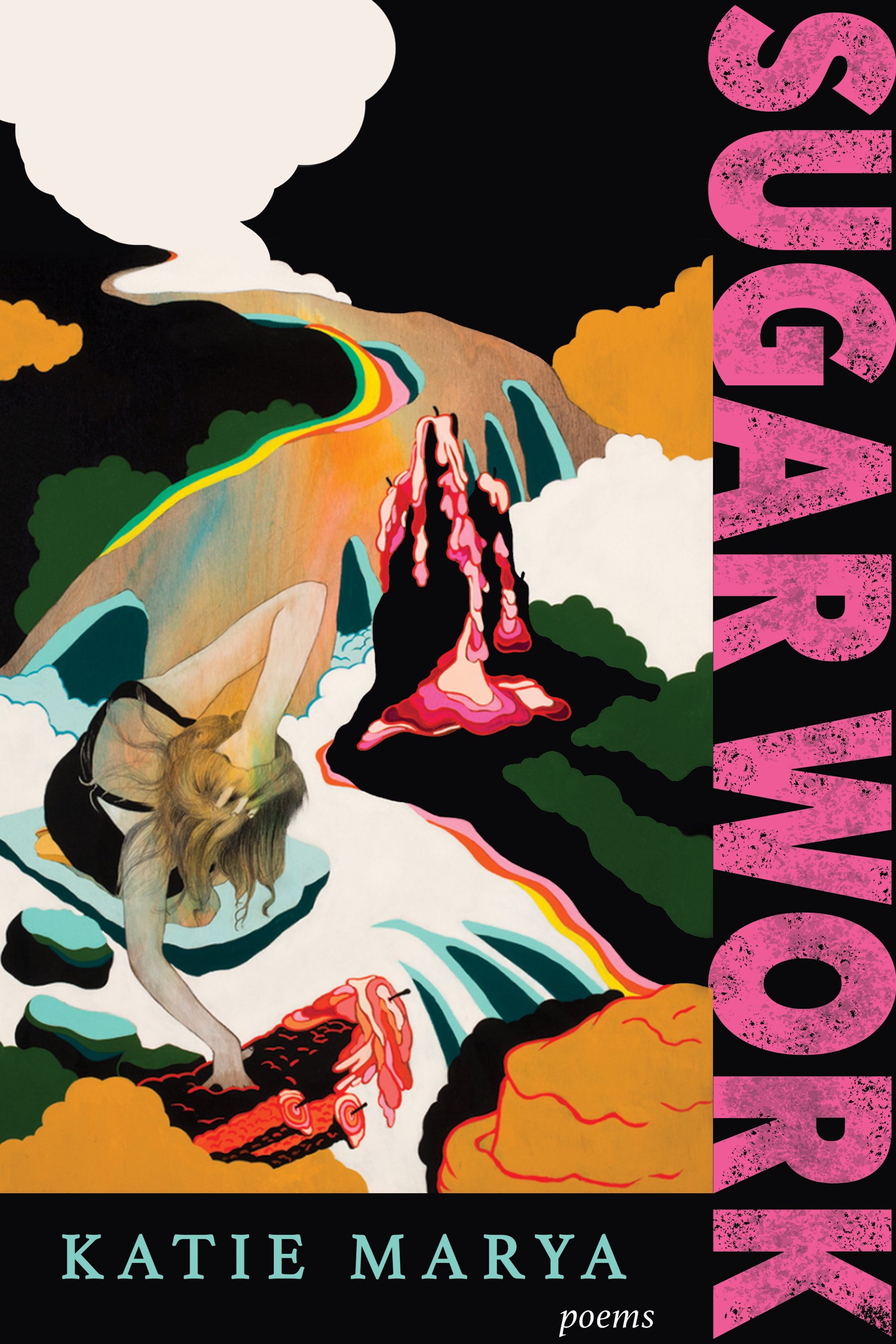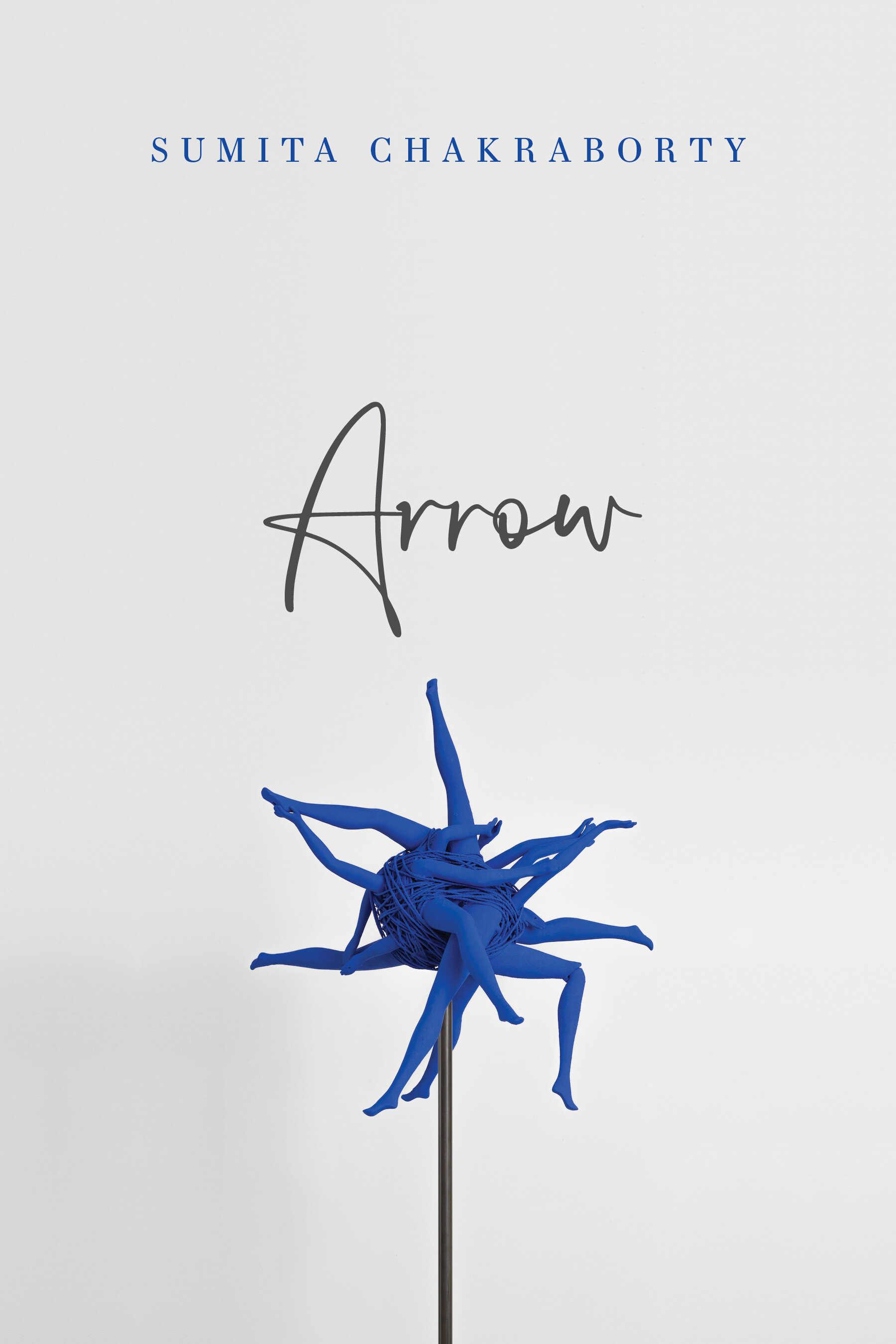Panic
Panic
Laura McCullough
“This is precisely what these poems address, the limitations of our control over our fates, our private grief and longing. Set at the edge of the Jersey shore — Red Bank, Asbury Park, the Oxygen Bar, place—names both familiar and exotic — these poems focus on the intimate struggles of ordinary people.”
—The Potomac
January 2011
ISBN: 9781882295845
Available in Print. Digital Format Coming Soon.
Laura McCullough has three other collections of poems, Speech Acts, What Men Want, and The Dancing Bear, and two chapbooks, Women and Other Hostages and Elephants Anger. She has been a fellow in both prose and poetry for the New Jersey State Arts Council and has an MFA in fiction from Goddard College. www.lauramccullough.org
“This space is left empty to create a white space. To create a white separation block in these individual book pages, add a Quote Block”
Additional Praise:
“Laura McCullough’s Panic offers the best qualities of verse and prose in one cohesive, gut-punching collection of poetry with such authority it’s unbelievable that she, as author, can distance herself so far from the suspense she creates.”
—The Florida Review
“Panic’s possession of mediated joy is joy nonetheless; its “strange intimacies” pull us toward the final gesture of the book, a peaceful moment in the midst of turmoil, a respite as “tender and grave/ as a kiss”
—Pebble Lake Review
“McCullough’s homage to New Jersey calls attention to the detritus of cigarette butts and pizza boxes as often as seashells and egg cases. McCullough’s exploration of death lends poignancy to both.”
—Coldfront Magazine
“Panic shows how one drop in the water—one child’s death by drowning in a swimming pool—ripples out so far that entire communities…feel it.”
—Kaite Hillenbrand
“…an amazing mix of fiction and poetry that’s simply ferocious, in the best way.”
—Erica Dawson
“Though at times these poems present difficult painful topics, they do so in a way that achieves the goal of all good poetry— to make the reader consider language & ideas through a new lens.”
—Kris Bigalk, Bloodlotus
“…clear and unsentimenlized…”
—Corduroy Books
“[McCullough] has that uncanny ability to shave terror and fear into moments that are tangent to a bizarre humor…This is poetry making of the highest order.”
—Grady Harp
“Set in beach towns along the Jersey shore, places literally on the edge of things, these lovely and vigilant poems lay bare those moments when ‘the premises are always under surveillance’ but to no avail: there is still the distracted life guard, the tipping forklift, the whirring steel of a carnival ride, all those seen and unseen forces under ‘a broken sky’ that expose us again and again to our own mortality, to our own daily yearning for beauty and grace. Embracing the narrative range of a novelist, Laura McCullough writes with the razored scrutiny of the fine poet she is, making Panic a timely and important book you simply must read.”
—Andre Dubus III
“A taxonomy of life’s knife-edge, Laura McCullough’s Panic reminds us that, just as the fish stocked in a man-made lake cannot predict the osprey’s violent plummet, we navigate our modest days at once on guard and unarmed, terrified and oblivious. Operating at the point where the split-second telescopes into eternity, these poems thrill. For they, like us, are locked to the flesh of the world and summon up the electric pleasure we feel when a hand reaches out and touches our own, our “knees bowed as if hit hard from behind.”
—Kathleen Graber
“In direct, uncompromising, and at times breathless language Laura McCullough’s Panic recounts the tragic story of a drowned boy and the effect it has on a community. E.A. Robinson’s “Tillbury Town” poems and Sherwood Anderson’s Winesburg, Ohio stand behind McCullough’s collection, placing it squarely in one of America’s central literary traditions.”
—Michael Collier
“Laura McCullough’s Panic is a news broadcast from the edge—literally, the shoreline, the coast where New Jersey’s towns give onto open water, and figuratively, the nervous boundary of contemporary life, with its negligence and violence. McCullough seems to possess a sort of psychic hidden camera: a restless, obsessive eye looking deeper and deeper into occasions of disaster both personal and public. Somewhere between Edgar Lee Masters and C. P. Cavafy, these plain-spoken, character-filled poems will haunt readers with an unsettlingly familiar landscape: the swimming pools and boardwalks and shorelines of our darkest, most anxious American nights.”
—Mark Doty
“This space is left empty to create a white space. To create a white separation block in these individual book pages, add a Quote Block”
More by the author:
“This space is left empty to create a white space. To create a white separation block in these individual book pages, add a Quote Block”
Featured:





